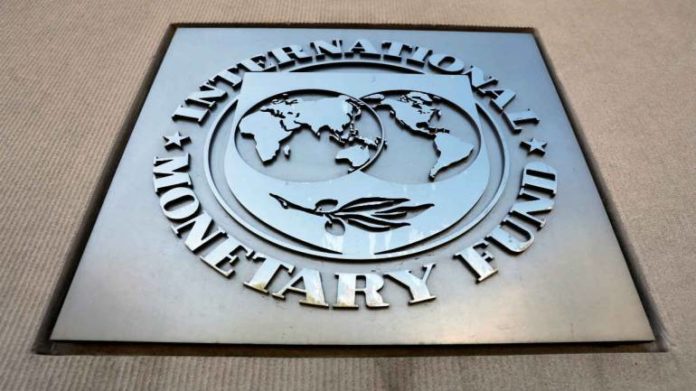The Institute of Economic Affairs (IEA) has raised concerns over some vagueness associated with the financing and implementation of balance of payment (BoP) support the country will receive under the current programme of the International Monetary Fund (IMF).
While government communication throughout the negotiations has always maintained that the IMF programme was exclusively for BoP support, the Fund has hinted the programme could offer budgetary funding – a development the IEA finds confusing.
Director of Research at the IEA, Dr. John Kwakye, stated there is growing confusion regarding the allocation of funds, as the prospective disbursements are intended to support government’s budgetary requirements rather than solely focusing on BoP – contrary to prior expectations.
“It has always been our understanding that the facility was entirely meant for BoP support; but, surprisingly, the statement seems to suggest that part of it will be available to support the budget,” Dr. Kwakye noted in the Institute’s commentary on the programme.
The IMF indicates that the programme is “fully financed during the first 12 months with good prospects for the remainder of the programme”, which the IEA says raises further concerns.
The three-year US$3billion facility, he says “reflects both the size of Ghana’s balance-of-payments needs and the strength of its policy commitments under the programme”, adding that it also symbolizes the Fund’s programme principle of ‘finance-cum-adjustment’ – which implies that financial support provided by the IMF is tied to policy adjustments and reforms implemented by the recipient country.
“The report says in one breath that the programme is fully financed and in another breath that it is fully financed only for the first 12 months. What can be concluded is that all is not done and dusted yet as far as programme financing is concerned,” explained Dr. Kwakye.
The programme imposes significant constraints on Ghana’s economic managers, leaving them with limited policy discretion and flexibility. It can be described as a tightly controlled programme that operates on autopilot, restricting ability to intervene in the economy and adapt to evolving dynamics, Dr. Kwakye added.
According to the IMF, US$3billion in financing constitutes around 20 percent of the country’s BoP needs for the period between 2023 and 2026 – which is estimated to be US$15.1billion.
Also, the World Bank is set to provide US$1.6billion in budgetary and BoP support. Additionally, government’s ongoing debt restructuring initiatives are projected to contribute approximately US$10.5billion – or 70 percent of the total financing requirement.
This, however, is expected to be derived from external debt service relief throughout the programme’s duration. However, as this process is yet to be concluded, uncertainty remains over the realization of these funds – casting a cloud over the programme’s financing, and the significant reliance on external debt structuring remains a cause for apprehension.
Risks
The IEA also expressed concerns over risks associated with the programme, saying it is hinged on a number of volatile factors such as a fairly unstable geopolitical environment, successful programme execution, swift progress in implementing comprehensive debt restructuring, and plans to address the large stock of domestic arrears.
“Should any of these assumptions not prevail, the programme may be affected with undesirable outcomes,” the economist noted.
“The 2024 election, in particular, poses a major risk to the programme due to the usual pressures for government to spend to win the electorate’s support. How to ensure ownership and continuity of the programme by a new government after the 2024 election is also a challenge. Above all, it is important for the authorities to be vigilant and take prompt action as needed to avoid any of the risks, should they materialise, from overwhelming the programme and rendering it inoperative,” he added.
With balance of payments support, the funds go to the central bank for foreign exchange purposes; while with budget support they generally go to the Ministry of Finance (or equivalent) and into the budget for public spending.






